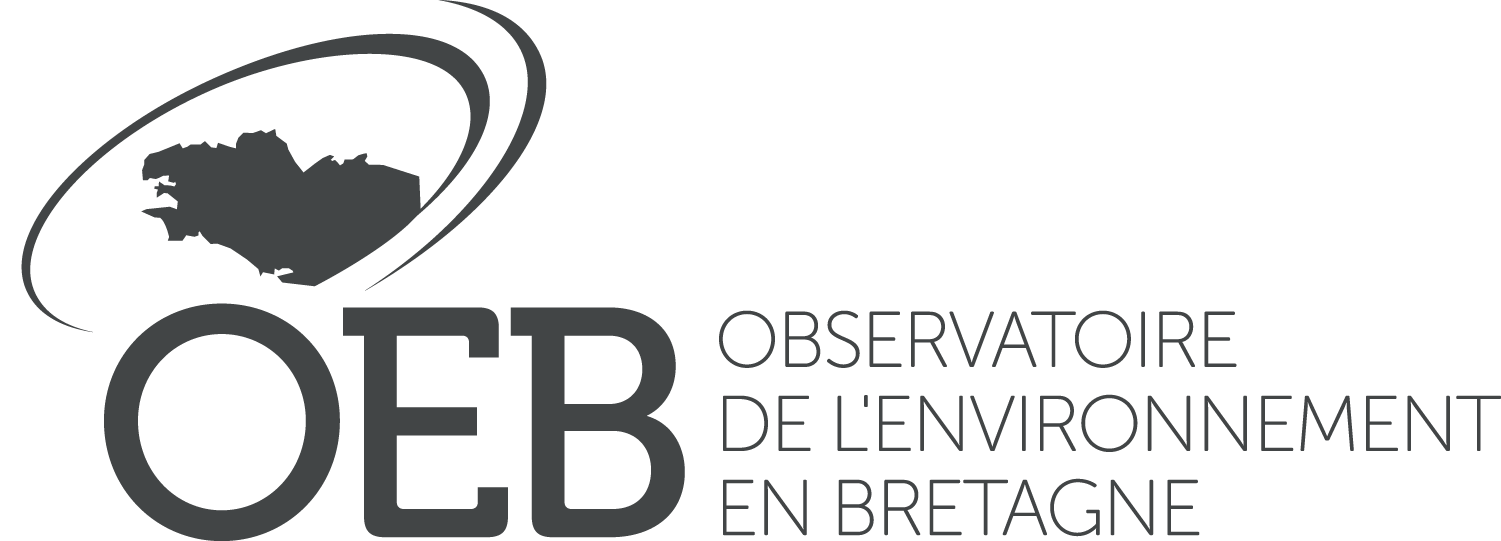Plastics are persistent synthetic polymers that accumulate as waste in the marine environment. Microplastic (MP) particles are derived from the breakdown of larger debris or can enter the environment as microscopic fragments. Because filter-feeder organisms ingest MP while feeding, they are likely to be impacted by MP pollution. To assess the impact of polystyrene microspheres (micro-PS) on the physiology of the Pacific oyster, adult oysters were experimentally exposed to virgin micro-PS (2 and 6 µm in diameter; 0.023 mg·L?1) for 2 mo during a reproductive cycle. Effects were investigated on ecophysiological parameters; cellular, transcriptomic, and proteomic responses; fecundity; and offspring development. Oysters preferentially ingested the 6-µm micro-PS over the 2-µm-diameter particles. Consumption of microalgae and absorption efficiency were significantly higher in exposed oysters, suggesting compensatory and physical effects on both digestive parameters. After 2 mo, exposed oysters had significant decreases in oocyte number (?38%), diameter (?5%), and sperm velocity (?23%). The D-larval yield and larval development of offspring derived from exposed parents decreased by 41% and 18%, respectively, compared with control offspring. Dynamic energy budget modeling, supported by transcriptomic profiles, suggested a significant shift of energy allocation from reproduction to structural growth, and elevated maintenance costs in exposed oysters, which is thought to be caused by interference with energy uptake. Molecular signatures of endocrine disruption were also revealed, but no endocrine disruptors were found in the biological samples. This study provides evidence that micro-PS cause feeding modifications and reproductive disruption in oysters, with significant impacts on offspring.
Oyster reproduction is affected by exposure to polystyrene microplastics
Mise à jour :
20 mars 2016
reproduction animale
ostréiculture
pollution de la mer
micropolluant
mollusque
plastique
Lien vers la ressource
Type de document
Rapport
Auteurs personnes
Huvet, Arnaud
Soudant, Philippe
Paul-pont, Ika
Robbens, Johan
Guyomarch, Julien
Corporeau, Charlotte
Epelboin, Yanouk
Mingant, Christian
Quillien, Virgile
Le Goïc, Nelly
Pernet, Marie Eve Julie
Fabioux, Caroline
Lambert, Christophe
Thomas, Yannick
Suquet, Marc
Sussarellu, Rossana
Éditeur
National Academy of Sciences of the United States of America
Date de parution
20 mars 2016
Langue
Anglais
